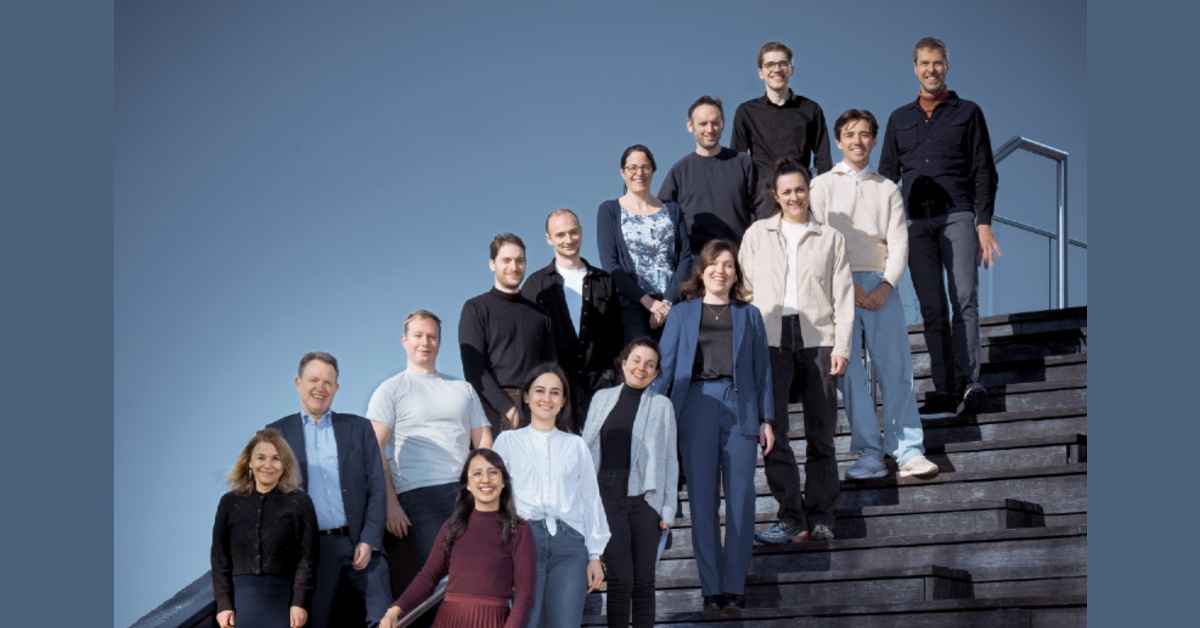Netherlands-based Innatera, a developer of ultra-low power intelligence for sensors, has secured $21M (nearly €19.58M) in an oversubscribed Series A round of funding. This total includes an additional $5M (nearly €4.66M) on top of the $16M (nearly €14.92M) announced in March 2024.
This support moves Innatera closer to its goal of embedding intelligence in a billion devices by 2030.
The investors include Innavest, Invest-NL, EIC European Innovation Council and SMEs Executive Agency (EISMEA), European Investment Bank (EIB), MIG Capital, Matterwave Ventures, and Delft Enterprises.
With this funding, Innatera aims to accelerate its progress, address the increasing need for energy-efficient computing solutions, and drive further innovation in the AI semiconductor field.
Developing ultra-efficient microprocessors
Founded as a spin-off of TU Delft, Innatera’s technology revolves around ultra-efficient neuromorphic processors that closely replicate the brain’s sensory data processing mechanisms.
These processors are built on a proprietary analogue-mixed signal computing architecture, harnessing the power of Spiking Neural Networks (SNN).
SNNs mimic the brain’s neural activities by encoding information in the precise timing of events, enabling superior performance in pattern recognition and cognitive tasks while operating within stringent power constraints.
This innovation in always-on applications requires both high performance and minimal energy consumption.
Innatera’s chips use a continuous-time analog-mixed signal processing architecture, enabling sensor data to be processed up to 100 times faster and with up to 500 times less energy compared to conventional processors.










01
From telecom veteran to Dutch Startup Visa success: The Jignesh Dave story